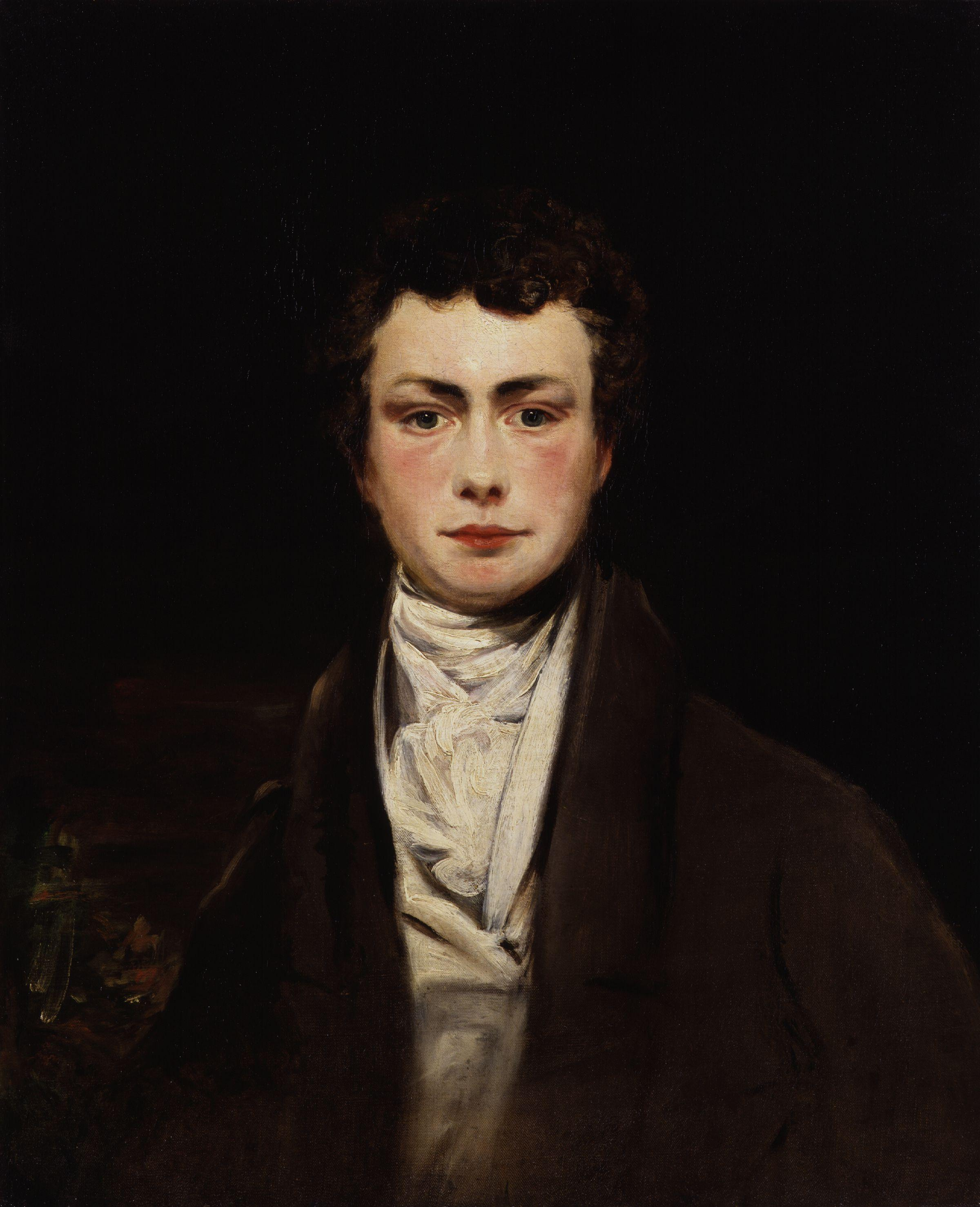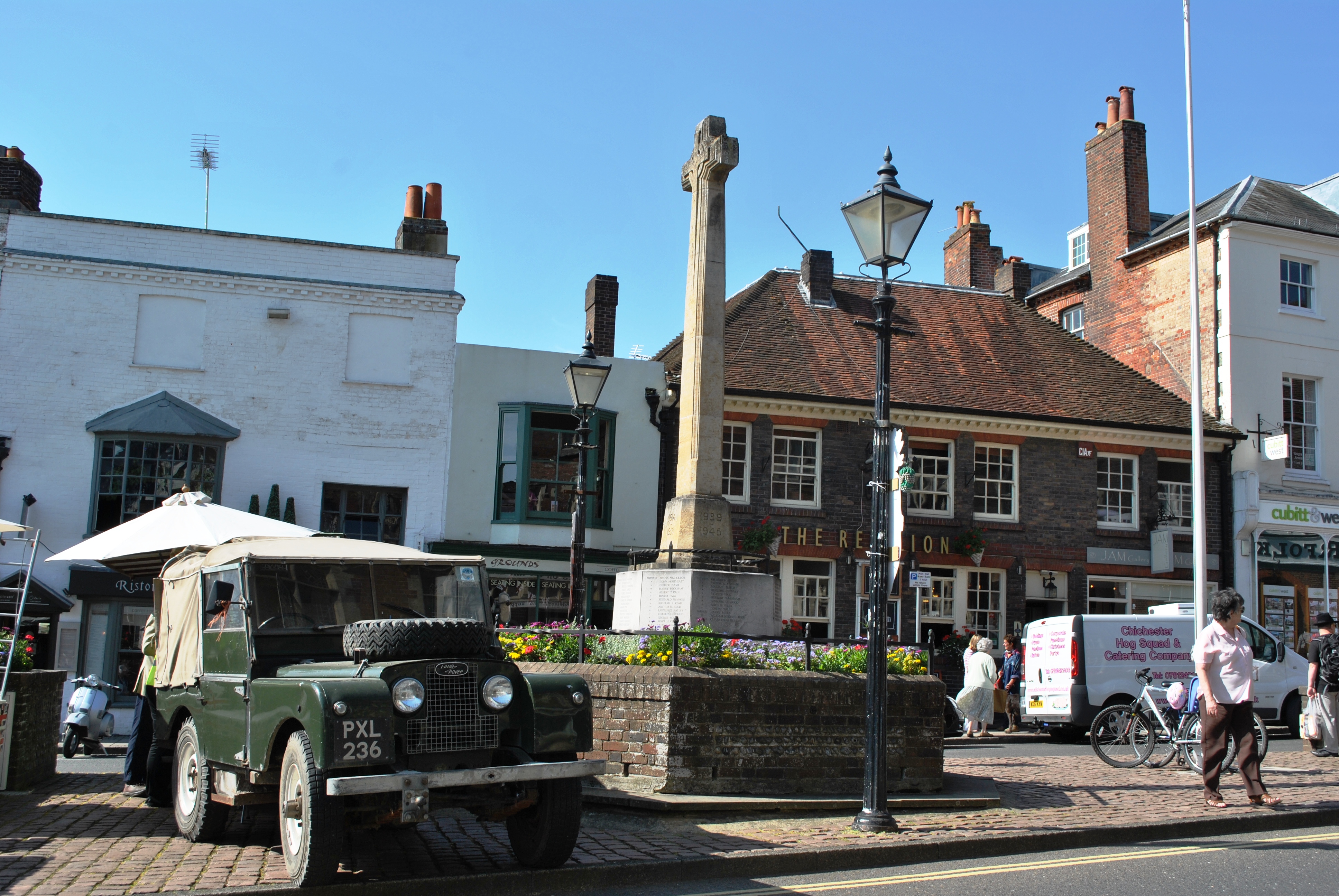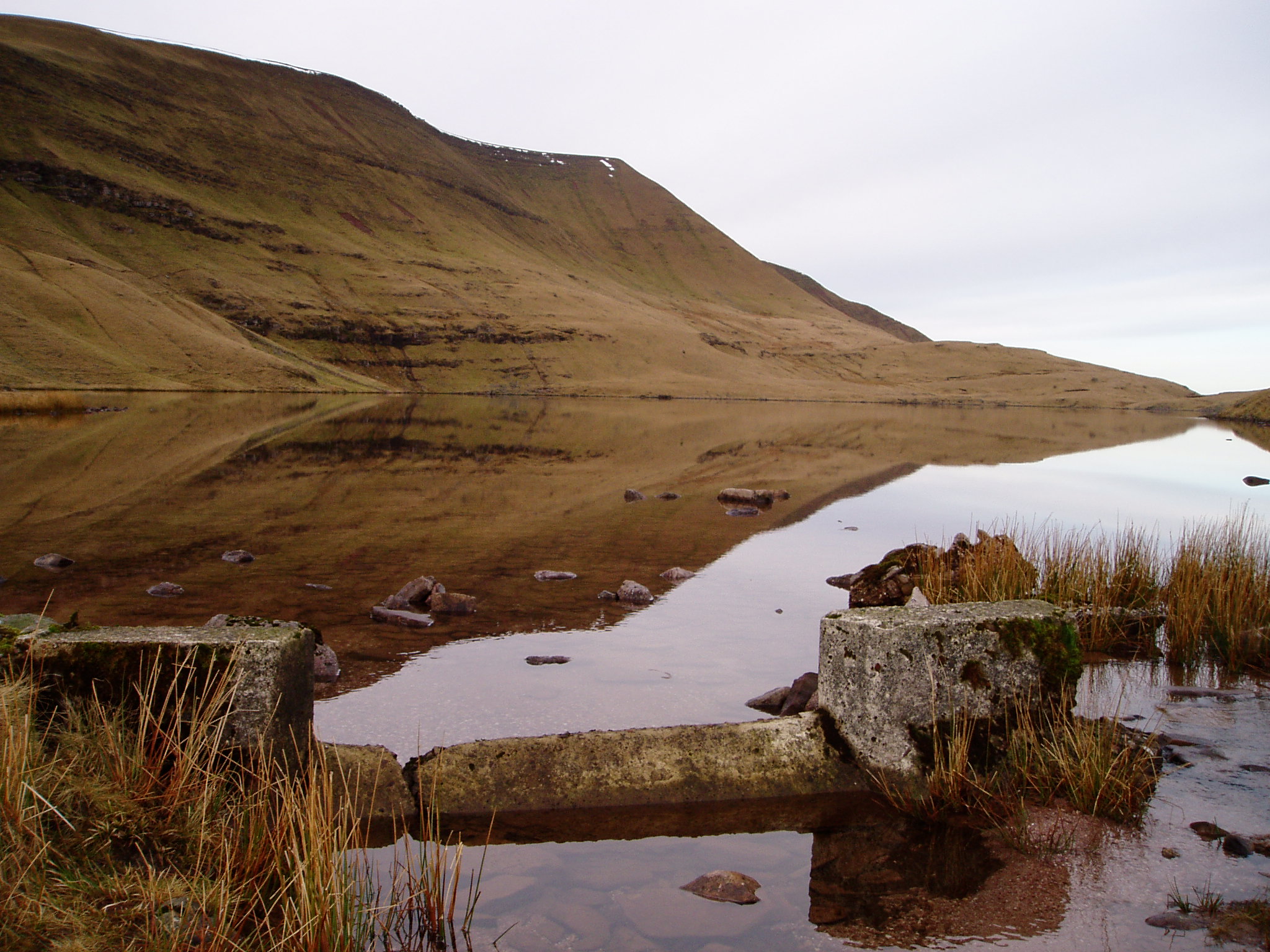|
Lucy Anne FitzGerald
Lady Lucy Anne FitzGerald (5 February 1771 – 20 January 1851) was an Anglo-Irish political radical: a supporter, with her mother Lady Emily, of her cousin, the English Whig reformer Charles James Fox and, with her brother Lord Edward, of the republican and democratic Society of United Irishmen. Life Lucy Anne FitzGerald was born on 5 February 1771, most likely in Leinster House, Dublin. She was the 17th of the 19 children of James FitzGerald, 1st Duke of Leinster and Lady Emily Fitzgerald (née Lennox). After her father's death in 1774, her mother moved to France with Lucy and the younger children, where she married the children's tutor, William Ogilvie. In 1781, the family returned to Ireland, and later moved in London. Both FitzGerald and her mother were supporters of her cousin, Charles James Fox, a radical Whig politician. She was also influenced by her brother, Lord Edward FitzGerald's political leanings which were both republican and pro-Catholic. During the period ... [...More Info...] [...Related Items...] OR: [Wikipedia] [Google] [Baidu] |
Thomas Foley (Royal Navy Officer)
Admiral Sir Thomas Foley GCB (1757 – 9 January 1833) was a Royal Navy officer and "Hero of the Battle of the Nile". Naval career He was the second son of landowner John Foley of Ridgeway, the Foley family's ancestral estate in the parish of Llawhaden near Narberth, Pembrokeshire, and the nephew of Captain Thomas Foley, who accompanied George Anson, 1st Baron Anson, on his voyage around the world. He entered the Royal Navy in 1770, and, during his time as midshipman, saw a good deal of active service in the West Indies against American privateers. Promoted lieutenant in 1778, he served under Admiral Keppel (afterwards Viscount) and Sir Charles Hardy in the Channel, and with Rodney's squadron was present at the defeat of De Langara off Cape St Vincent in 1780, and at the relief of Gibraltar. Still under Rodney's command, he went out to the West Indies, and took his part in the operations which culminated in victory at the Battle of the Saintes on 12 April 1782. In the French ... [...More Info...] [...Related Items...] OR: [Wikipedia] [Google] [Baidu] |
Thomas Paine
Thomas Paine (born Thomas Pain; – In the contemporary record as noted by Conway, Paine's birth date is given as January 29, 1736–37. Common practice was to use a dash or a slash to separate the old-style year from the new-style year. In the old calendar, the new year began on March 25, not January 1. Paine's birth date, therefore, would have been before New Year, 1737. In the new style, his birth date advances by eleven days and his year increases by one to February 9, 1737. The O.S. link gives more detail if needed. – June 8, 1809) was an English-born American political activist, philosopher, political theorist, and revolutionary. He authored ''Common Sense'' (1776) and ''The American Crisis'' (1776–1783), two of the most influential pamphlets at the start of the American Revolution, and helped inspire the Patriots in 1776 to declare independence from Great Britain, hitherto an unpopular cause. His ideas reflected Enlightenment-era ideals of transnational human rig ... [...More Info...] [...Related Items...] OR: [Wikipedia] [Google] [Baidu] |
Protestant Irish Nationalists
Protestant Irish Nationalists are adherents of Protestantism in Ireland who also support Irish nationalism. Protestants have played a large role in the development of Irish nationalism since the eighteenth century, despite most Irish nationalists historically being from the Irish Catholic majority, as well as most Irish Protestants usually tending toward unionism in Ireland. Protestant nationalists (or ''patriots'', particularly before the mid-19th century) have consistently been influential supporters and leaders of various movements for the political independence of Ireland from Great Britain. Historically, these movements ranged from supporting the legislative independence of the Parliament of the Kingdom of Ireland, to a form of home rule within the United Kingdom of Great Britain and Ireland, to complete independence in an Irish Republic and (since the partition of Ireland) a United Ireland. Despite their relatively small numbers, individual Protestants have made import ... [...More Info...] [...Related Items...] OR: [Wikipedia] [Google] [Baidu] |
FitzGerald Dynasty
The FitzGerald/FitzMaurice Dynasty is a noble and aristocratic dynasty of Cambro-Norman, Anglo-Norman and later Hiberno-Norman origin. They have been peers of Ireland since at least the 13th century, and are described in the Annals of the Four Masters as having become "more Irish than the Irish themselves" or Gaels, due to assimilation with the native Gaelic aristocratic and popular culture. The dynasty has also been referred to as the Geraldines and Ireland's largest landowners. They achieved power through the conquest of large swathes of Irish territory by the sons and grandsons of Gerald of Windsor (c. 1075 – 1135). Gerald of Windsor ( Gerald FitzWalter) was the first Castellan of Pembroke Castle in Wales, and became the male progenitor of the FitzMaurice and FitzGerald Dynasty ("fitz", from the Anglo-Norman ''fils'' indicating "sons of" Gerald). His father, Baron Walter FitzOther, was the first Constable and Governor of Windsor Castle for William the Conqueror, and wa ... [...More Info...] [...Related Items...] OR: [Wikipedia] [Google] [Baidu] |
19th-century Irish Women Writers
The 19th (nineteenth) century began on 1 January 1801 (Roman numerals, MDCCCI), and ended on 31 December 1900 (Roman numerals, MCM). The 19th century was the ninth century of the 2nd millennium. The 19th century was characterized by vast social upheaval. Slavery was abolitionism, abolished in much of Europe and the Americas. The Industrial Revolution, First Industrial Revolution, though it began in the late 18th century, expanding beyond its British homeland for the first time during this century, particularly remaking the economies and societies of the Low Countries, the Rhineland, Northern Italy, and the Northeastern United States. A few decades later, the Second Industrial Revolution led to ever more massive urbanization and much higher levels of productivity, profit, and prosperity, a pattern that continued into the 20th century. The Gunpowder empires, Islamic gunpowder empires fell into decline and European imperialism brought much of South Asia, Southeast Asia, and almost ... [...More Info...] [...Related Items...] OR: [Wikipedia] [Google] [Baidu] |
18th-century Irish Women Writers
The 18th century lasted from January 1, 1701 ( MDCCI) to December 31, 1800 ( MDCCC). During the 18th century, elements of Enlightenment thinking culminated in the American, French, and Haitian Revolutions. During the century, slave trading and human trafficking expanded across the shores of the Atlantic, while declining in Russia, China, and Korea. Revolutions began to challenge the legitimacy of monarchical and aristocratic power structures, including the structures and beliefs that supported slavery. The Industrial Revolution began during mid-century, leading to radical changes in human society and the environment. Western historians have occasionally defined the 18th century otherwise for the purposes of their work. For example, the "short" 18th century may be defined as 1715–1789, denoting the period of time between the death of Louis XIV of France and the start of the French Revolution, with an emphasis on directly interconnected events. To historians who expand t ... [...More Info...] [...Related Items...] OR: [Wikipedia] [Google] [Baidu] |
Politicians From Dublin (city)
A politician is a person active in party politics, or a person holding or seeking an elected office in government. Politicians propose, support, reject and create laws that govern the land and by an extension of its people. Broadly speaking, a politician can be anyone who seeks to achieve political power in a government. Identity Politicians are people who are politically active, especially in party politics. Political positions range from local governments to state governments to federal governments to international governments. All ''government leaders'' are considered politicians. Media and rhetoric Politicians are known for their rhetoric, as in speeches or campaign advertisements. They are especially known for using common themes that allow them to develop their political positions in terms familiar to the voters. Politicians of necessity become expert users of the media. Politicians in the 19th century made heavy use of newspapers, magazines, and pamphlets, as well a ... [...More Info...] [...Related Items...] OR: [Wikipedia] [Google] [Baidu] |
1851 Deaths
Events January–March * January 11 – Hong Xiuquan officially begins the Taiping Rebellion. * January 15 – Christian Female College, modern-day Columbia College, receives its charter from the Missouri General Assembly. * January 23 – The flip of a coin, subsequently named Portland Penny, determines whether a new city in the Oregon Territory is named after Boston, Massachusetts, or Portland, Maine, with Portland winning. * January 28 – Northwestern University is founded in Illinois. * February 1 – ''Brandtaucher'', the oldest surviving submersible craft, sinks during acceptance trials in the German port of Kiel, but the designer, Wilhelm Bauer, and the two crew escape successfully. * February 6 – Black Thursday in Australia: Bushfires sweep across the state of Victoria, burning about a quarter of its area. * February 12 – Edward Hargraves claims to have found gold in Australia. * February 15 – In Boston, Massac ... [...More Info...] [...Related Items...] OR: [Wikipedia] [Google] [Baidu] |
1771 Births
Events January– March * January 5 – The Great Kalmyk (Torghut) Migration is led by Ubashi Khan, from the east bank of the Lower Volga River back to the homeland of Dzungaria, at this time under Qing Dynasty rule. * January 9 – Emperor Go-Momozono accedes to the throne of Japan, following his aunt's abdication. * February 12 – Upon the death of Adolf Frederick, he is succeeded as King of Sweden by his son Gustav III. At the time, however, Gustav is unaware of this, since he is abroad in Paris. The news of his father's death reaches him about a month later. * March – War of the Regulation: North Carolina Governor William Tryon raises a militia, to put down the long-running uprising of backcountry militias against North Carolina's colonial government. * March 12 – The North Carolina General Assembly establishes Wake County (named for Margaret Wake, the wife of North Carolina Royal Governor William Tryon) from portions of Cumberland, J ... [...More Info...] [...Related Items...] OR: [Wikipedia] [Google] [Baidu] |
Thomas Moore
Thomas Moore (28 May 1779 – 25 February 1852) was an Irish writer, poet, and lyricist celebrated for his ''Irish Melodies''. Their setting of English-language verse to old Irish tunes marked the transition in popular Irish culture from Irish to English. Politically, Moore was recognised in England as a press, or " squib", writer for the aristocratic Whigs; in Ireland he was accounted a Catholic patriot. Married to a Protestant actress and hailed as "Anacreon Moore" after the classical Greek composer of drinking songs and erotic verse, Moore did not profess religious piety. Yet in the controversies that surrounded Catholic Emancipation, Moore was seen to defend the tradition of the Church in Ireland against both evangelising Protestants and uncompromising lay Catholics. Longer prose works reveal more radical sympathies. The ''Life and Death of Lord Edward Fitzgerald'' depicts the United Irish leader as a martyr in the cause of democratic reform. Complementing Maria Edgewort ... [...More Info...] [...Related Items...] OR: [Wikipedia] [Google] [Baidu] |
Arundel
Arundel ( ) is a market town and civil parish in the Arun District of the South Downs, West Sussex, England. The much-conserved town has a medieval castle and Roman Catholic cathedral. Arundel has a museum and comes second behind much larger Chichester in its number of listed buildings in West Sussex. The River Arun runs through the eastern side of the town. Arundel was one of the boroughs reformed by the Municipal Reform Act 1835. From 1836 to 1889 the town had its own Borough police force with a strength of three. In 1974 it became part of the Arun district, and is now a civil parish with a town council. Name The name comes from the Old English ''Harhunedell'', meaning "valley of horehound", and was first recorded in the Domesday Book. Folk etymology, however, connects the name with the Old French word ''arondelle'', meaning "swallow", and swallows appear on the town's arms. Governance An electoral ward of the same name exists. This ward stretches north to Houghton ... [...More Info...] [...Related Items...] OR: [Wikipedia] [Google] [Baidu] |
Carmarthenshire
Carmarthenshire ( cy, Sir Gaerfyrddin; or informally ') is a county in the south-west of Wales. The three largest towns are Llanelli, Carmarthen and Ammanford. Carmarthen is the county town and administrative centre. The county is known as the "Garden of Wales" and is also home to the National Botanic Garden of Wales. Carmarthenshire has been inhabited since prehistoric times. The county town was founded by the Romans, and the region was part of the Kingdom of Deheubarth in the High Middle Ages. After invasion by the Normans in the 12th and 13th centuries it was subjugated, along with other parts of Wales, by Edward I of England. There was further unrest in the early 15th century, when the Welsh rebelled under Owain Glyndŵr, and during the English Civil War. Carmarthenshire is mainly an agricultural county, apart from the southeastern part which was once heavily industrialised with coal mining, steel-making and tin-plating. In the north of the county, the woollen industr ... [...More Info...] [...Related Items...] OR: [Wikipedia] [Google] [Baidu] |






